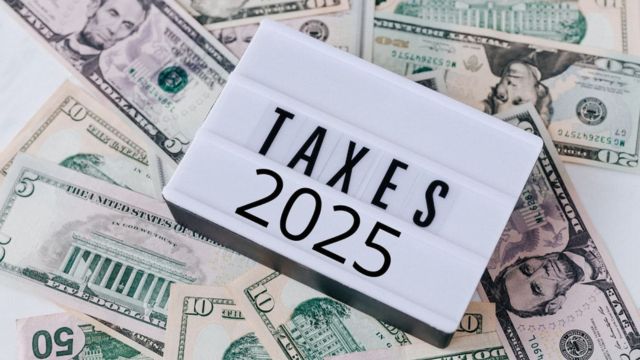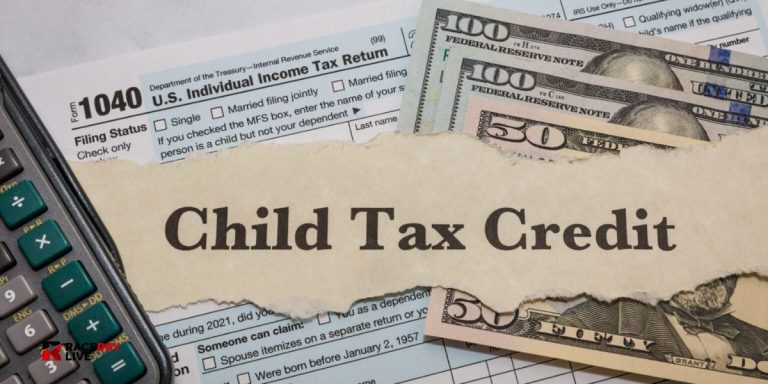As the year 2025 approaches, the Internal Revenue Service (IRS) expects federal tax brackets to rise moderately. According to Bloomberg Tax, tax brackets will be modified by 2.8% owing to inflation, the smallest increase in at least three years. This compares to rises of 5.4% in 2024 and 7.1% in 2023. Despite this adjustment, the impact on actual taxpayer income is expected to be modest due to inflationary deceleration.
Prior to changing the attorney’s tax bracket, these alterations will have a direct impact on income. For example, in 2025, a single filer can earn up to $11,925 before paying the 10% tax, up from $11,600 in 2024. In addition, persons in the 24% bracket can earn up to $197,300 before shifting into the 32% bracket, which was $191,950 in 2024.
2025 IRS formula using the Consumer Price Index
The IRS tax brackets will stay substantially the same in 2025, with rates of 10%, 12%, 22%, 24%, 32%, 35%, and 37%. Every year, the IRS updates the tax brackets using a system based on the Consumer Price Index (CPI), which analyzes the cost of goods and services and accounts for inflationary rises. This adjustment prevents “bracket creep,” which occurs when inflation drives taxpayers into higher tax brackets without a corresponding rise in income.
If these forecasts are correct, the new IRS brackets for 2025 will take effect during the 2026 tax season, affecting millions of taxpayers across the country. The table below shows the predicted tax bracket percentages:
| Tax Bracket (%) | Annual Income (approximate) |
| 10% | Up to $11,925 |
| 12% | $11,926 – $44,725 |
| 22% | $44,726 – $95,375 |
| 24% | $95,376 – $197,300 |
| 32% | $197,301 – $421,000 |
| 35% | $421,001 – $628,300 |
| 37% | Over $628,301 |
These figures are estimates based on annual revisions made by the IRS and are subject to confirmation in 2025.
What is the IRS, and what is its role?
The Internal Revenue Service (IRS) is the US government organization in charge of collecting taxes and enforcing tax regulations. The IRS, established in 1862, oversees the federal tax system and controls a wide range of taxes, including income, corporate, and employment taxes. Its major role is to ensure that taxpayers satisfy their attorney duties while also facilitating services such as return submission and refund processing.
In addition to collecting taxes, the IRS is in charge of enacting annual tax modifications such as tax brackets, which are designed to reduce the impact of inflation and maintain tax fairness. It also provides several credits and deductions to help taxpayers reduce their tax burden and plays an important role in sustaining the federal government.
























+ There are no comments
Add yours